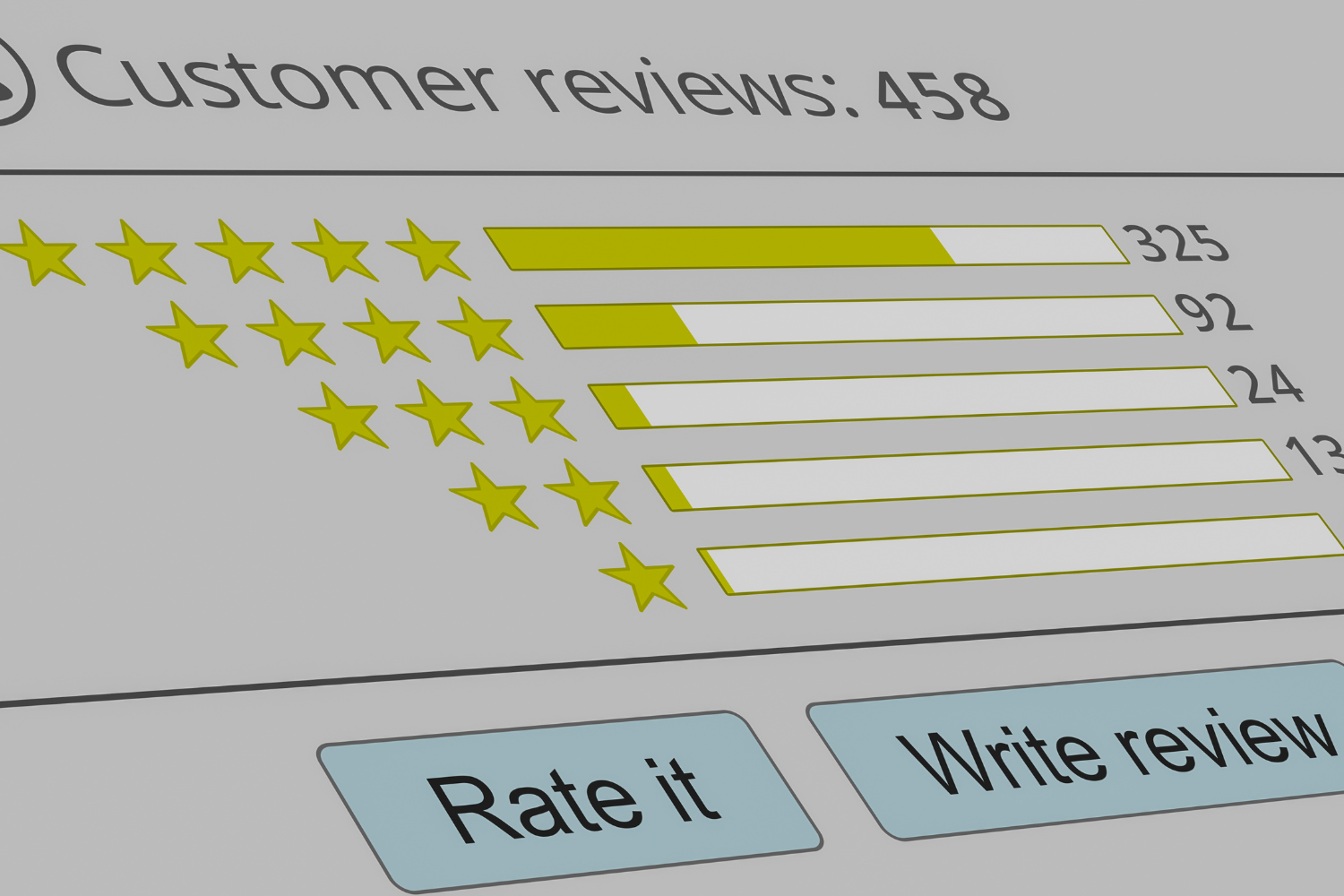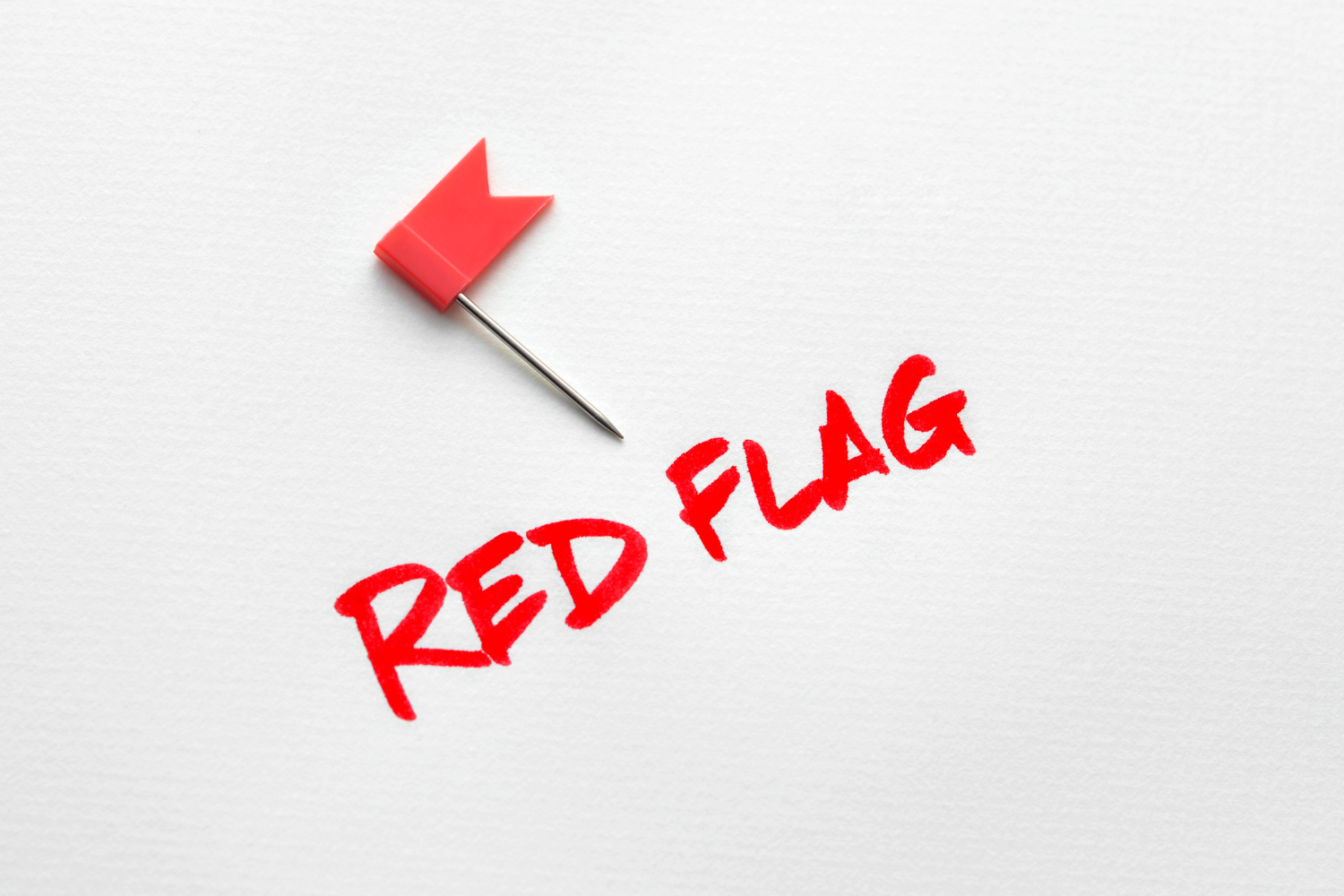Choosing a supplement manufacturer without spotting early red flags can lead to serious consequences, including product recalls, damaged brand reputation, and financial loss. Businesses must be vigilant in the competitive supplement world, where dietary supplements are closely tied to human health and overall wellness. Poor practices around supplement labels, active ingredients, or third-party testing can compromise quality and expose companies to unnecessary risk.
Identifying concerns—like questionable proprietary blends or the misuse of bulking agents—before signing a contract helps protect your brand. It ensures you’re working with manufacturers committed to good manufacturing practices. This guide highlights seven key supplement manufacturer red flags to watch for during early evaluations to help you source high-quality supplements that meet consumer expectations and regulatory standards.
Table of Contents
ToggleRed Flag #1 – Vague or Hidden Ownership Details
A trustworthy supplement manufacturer should have clear and transparent leadership. If a company hides its ownership or executive team, it questions accountability, decision-making, and long-term stability. In the supplement world—where human health, regulatory compliance, and the safe use of nutrients like magnesium citrate or vitamin D are critical—knowing who is in charge matters. Companies producing dietary supplements should openly share who owns the business, manages operations, and is responsible for quality control. A lack of transparency often signals a risk that may impact the quality of supplements and how issues are handled.
Signs to look for:
- No leadership bios on the company website
- Vague or missing company structure in public databases
- Use of shell corporations or offshore entities to hide ownership
- No traceable business history or inconsistent business registration details
- Evasive answers when asked about the company’s background

Red Flag #2 – No Valid Certifications or Expired Credentials
Certifications directly indicate that a supplement manufacturer follows good manufacturing practices (GMP) and maintains industry standards. Missing or expired certifications such as cGMP, ISO, or NSF should be considered a serious red flag. While the FDA does not issue certifications, manufacturers are expected to comply with FDA regulations and may be subject to inspection. These credentials help guarantee that the manufacturer’s processes are designed to produce high-quality supplements, reduce the risk of contamination, and ensure consistent formulas across batches. In most cases, manufacturers who lack valid credentials are not following the protocols to ensure product safety—especially when dealing with active ingredients or supplements like fish oil, zinc, and magnesium.
Ask to see the manufacturer’s certifications and check that they’re current. Use official government or industry databases to confirm registration and standing. In the supplements industry, oversight is essential to avoid harmful fillers, mislabeled supplement labels, or the presence of restricted ingredients like titanium dioxide. Certifications indicate that a manufacturer follows recognized quality standards, which supports—but does not guarantee—the accuracy of label claims. Avoiding this red flag protects your business from regulatory issues, product recalls, and reputational harm.

Red Flag #3 – Negative or Nonexistent Client Reviews
Client feedback is one of the most direct ways to assess a supplement manufacturer’s reliability. A lack of reviews or repeated complaints about late shipments, poor packaging, or inconsistent capsules often points to operational problems. Consistent performance is non-negotiable in the business of supplements—where formulas contribute to consumer wellness and nutrition goals when properly manufactured. Brands looking to provide nutritional support through specific supplements like vitamin D or herbs should work only with tested and proven manufacturers.
Where to look:
- Google Reviews for company-level ratings
- Trustpilot for verified customer experiences
- Industry forums discussing supplement brands and private-label services
- B2B platforms like Thomasnet, Alibaba, or SupplySide, where professional buyers review manufacturers

Red Flag #4 – High Staff Turnover or Poor Employee Reviews
A high turnover rate within a supplement manufacturing company often signals internal instability. Constant changes in staffing, especially in production or quality assurance roles, can lead to inconsistent formulas, missing ingredients, or the use of unwanted or poorly documented fillers. These issues directly affect the reliability of dietary supplements and increase the risk of harming consumer trust. Inconsistent teams may struggle to follow safety standards, resulting in incorrect labeling or skipped third-party testing. This is critical for ensuring that claims around most vitamins or minerals are accurate.
Check platforms like Glassdoor and Indeed for reviews from former or current employees. Poor employee feedback can reveal problems in leadership, lack of structure, or unsafe working conditions. It’s also smart to ask manufacturers directly about their team—how long staff typically stay, what roles are outsourced, and how training is handled. A well-managed team leads to better quality products and fewer surprises during production.

Red Flag #5 – Unclear Quality Control Processes
Strong supplement manufacturers follow strict procedures to ensure every batch meets safety and quality standards. If a company can’t clearly explain how it manages quality control—including batch testing, third-party testing, and standard operating procedures (SOPs)—it’s a problem. These practices are essential for confirming the accuracy of active ingredients, keeping high doses within safe limits, and helping reduce the risk of contamination with substances that could raise concerns under anti-doping guidelines. Many supplements fail to meet label claims, especially those with proprietary blends or added bulking agents when proper testing is skipped.
Avoid manufacturers who respond with overly technical or vague descriptions instead of walking you through how they verify their supplements. You should hear clear steps involving ingredient checks, consistency in formulas like magnesium citrate or vitamin D, and how often they test for contamination. A reliable partner will have a process that includes internal checks and external audits to ensure the supplements they produce meet quality standards and align with intended nutrition or wellness objectives.

Red Flag #6 – Inconsistent or Outdated Online Presence
A professional online presence shows that a manufacturer is serious about its reputation and operations. Broken links, missing product details, or outdated supplement labels on a website may indicate poor organization or a lack of focus on quality. If there’s no mention of good manufacturing practices, certifications, or testing processes, it may signal that the company isn’t up to date with industry requirements for quality products.
Manufacturers who can’t keep their websites current may also struggle with aligning their internal systems. This kind of inconsistency can affect everything from packaging to the accuracy of nutrient information in supplements. Since the supplements industry requires attention to detail—especially when working with specific supplements like fish oil, zinc, or herbs—companies should be able to maintain clear digital communication about their standards and processes.
Red Flag #7 – Evasive Answers During Discovery Calls
Initial discovery calls are where clarity—or confusion—happens. If a manufacturer avoids direct answers about pricing, minimum order quantities (MOQs), or compliance with FDA standards, it’s often a sign they’re hiding weaknesses in their operation. Avoiding key questions about ingredients, such as titanium dioxide use or sourcing methods for minerals and vitamins, makes it harder to judge their reliability.
A good supplement manufacturer won’t dodge these conversations. They’ll walk you through product development timelines, explain how they ensure compliance, and provide transparency around costs and quality checks. If a company pushes vague claims without offering examples or testing data or tries to deflect questions around third-party testing, it may not be the right partner for creating nutritional supplements that support overall health.
Spot the Red Flags Early to Protect Your Brand
Identifying supplement manufacturer red flags early on is one of the most effective ways to avoid long-term issues and protect your brand’s reputation. These signs aren’t just warnings—they’re valuable tools for screening out unreliable companies and focusing on manufacturers who can genuinely support your goals. Taking time to evaluate quality, transparency, and digital presence before entering any agreement helps avoid costly delays and compliance problems. Use this list as a reference to guide your decision-making process and strengthen your entry into the supplements market. A great manufacturer won’t be afraid of your questions—they’ll welcome them.
Frequently Asked Questions
What are the biggest red flags when choosing a supplement manufacturer?
Lack of transparency, missing certifications, poor reviews, and evasive communication.
How can I verify a manufacturer’s certifications?
Request documents and check them through FDA or third-party certification databases.
Can I work with a newer manufacturer?
Yes—if they are transparent, certified, and show signs of good internal systems.
What should I ask to uncover red flags early?
Ask about ownership, SOPs, client retention, and what happens when mistakes happen.
Is poor communication a dealbreaker?
Often, yes—it signals future problems in fulfillment, updates, and problem resolution.
References
- Code of Federal Regulations. (2025). 21 CFR Part 111 – Current Good Manufacturing Practice in Manufacturing, Packaging, Labeling, or Holding Operations for Dietary Supplements. https://www.ecfr.gov/current/title-21/chapter-I/subchapter-B/part-111
- NSF International. (n.d.). NSF’s Certified for Sport®. https://www.nsfsport.com/
- U.S. Food and Drug Administration. (2017). Backgrounder on the Final Rule for Current Good Manufacturing Practices (CGMPs) for Dietary Supplements. https://www.fda.gov/food/dietary-supplements-guidance-documents-regulatory-information/backgrounder-final-rule-current-good-manufacturing-practices-cgmps-dietary-supplements
- U.S. Food and Drug Administration. (2025). Current Good Manufacturing Practice (CGMP) Regulations. https://www.fda.gov/food/guidance-regulation-food-and-dietary-supplements/current-good-manufacturing-practices-cgmps-food-and-dietary-supplements
- U.S. Food and Drug Administration. (2022). FDA 101: Dietary Supplements. https://www.fda.gov/consumers/consumer-updates/fda-101-dietary-supplements
- U.S. Food and Drug Administration. (2024). Questions and Answers on Dietary Supplements. https://www.fda.gov/food/information-consumers-using-dietary-supplements/questions-and-answers-dietary-supplements
- U.S. Food and Drug Administration. (2018). Small Entity Compliance Guide: Current Good Manufacturing Practice in Manufacturing, Packaging, Labeling, or Holding Operations for Dietary Supplements. https://www.fda.gov/regulatory-information/search-fda-guidance-documents/small-entity-compliance-guide-current-good-manufacturing-practice-manufacturing-packaging-labeling





